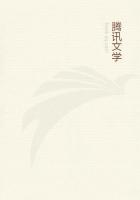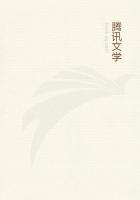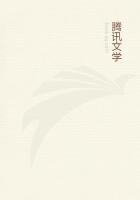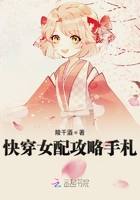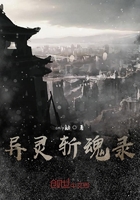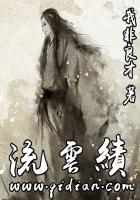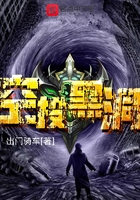Hans gave him the answer that he was carrying apples with which the king's daughter was to find her health. Then, said the little man, so shall they be, and remain. But at the court they would none of them let Hans go in, for they said two had already been there who had told them that they were bringing apples, and one of them had frogs, legs, and the other hogs, bristles. Hans, however, resolutely maintained that he most certainly had no frogs, legs, but some of the most beautiful apples in the whole kingdom. As he spoke so pleasantly, the door-keeper thought he could not be telling a lie, and asked him to go in, and he was right, for when Hans uncovered his basket in the king's presence, golden-yellow apples came tumbling out. The king was delighted, and caused some of them to be taken to his daughter, and then waited in anxious expectation until news should be brought to him of the effect they had. But before much time had passed by, news was brought to him. And who do you think it was who came. It was the daughter herself. As soon as she had eaten of those apples, she was cured, and sprang out of her bed. The joy the king felt cannot be described. But now he did not want to give his daughter in marriage to Hans, and said he must first make him a boat which would go quicker on dry land than on water. Hans agreed to the condition, and went home, and related how it had fared with him. Then the father sent uele into the forest to make a boat of that kind. He worked diligently, and whistled all the time. At mid-day, when the sun was at its highest, came the little icy man and asked what he was ******.
Uele gave him for answer, wooden bowls for the kitchen. The icy man said, so it shall be, and remain. By evening uele thought he had now made the boat, but when he wanted to get into it, he had nothing but wooden bowls. The next day same went into the forest, but everything went with him just as it had done with uele. On the third day stupid Hans went. He worked away most industriously, so that the whole forest resounded with the heavy blows, and all the while he sang and whistled right merrily. At mid-day, when it was the hottest, the little man came again, and asked what he was ******. A boat which will go quicker on dry land than on water, replied Hans, and when I have finished it, I am to have the king's daughter for my wife.
Well, said the little man, such an one shall it be, and remain.
In the evening, when the sun had turned into gold, Hans finished his boat, and all that was wanted for it. He got into it and rowed to the palace. The boat went as swiftly as the wind. The king saw it from afar, but would not give his daughter to Hans yet, and said he must first take a hundred hares out to pasture from early morning until late evening, and if one of them got away, he should not have his daughter. Hans was contented with this, and the next day went with his flock to the pasture, and took great care that none of them ran away.
Before many hours had passed came a servant from the palace, and told Hans that he must give her a hare instantly, for some visitors had come unexpectedly. Hans, however, was very well aware what that meant, and said he would not give her one. The king might set some hare soup before his guest next day. The maid, however, would not accept his refusal, and at last she began to argue with him. Then Hans said that if the king's daughter came herself, he would give her a fare. The maid told this in the palace, and the daughter did go herself. In the meantime the little man came again to Hans, and asked him what he was doing there. He said he had to watch over a hundred hares and see that none of them ran away, and then he might marry the king's daughter and be king. Good, said the little man, there is a whistle for you, and if one of them runs away, just whistle with it, and then it will come back again. When the king's daughter came, Hans gave her a hare into her apron, but when she had gone about a hundred steps with it, he whistled, and the hare jumped out of the apron, and before she could turn round was back to the flock again.
When the evening came the hare-herd whistled once more, and looked to see if all were there, and then drove them to the palace. The king wondered how Hans had been able to take a hundred hares to graze without losing any of them, but he still would not give him his daughter yet, and said he must now bring him a feather from the griffin's tail. Hans set out at once, and walked straight forwards. In the evening he came to a castle, and there he asked for a night's lodging, for at that time there were no inns. The lord of the castle promised him that with much pleasure, and asked where he was going. Hans answered, to the griffin. Oh, to the griffin. They tell me he knows everything, and I have lost the key of an iron money-chest.

